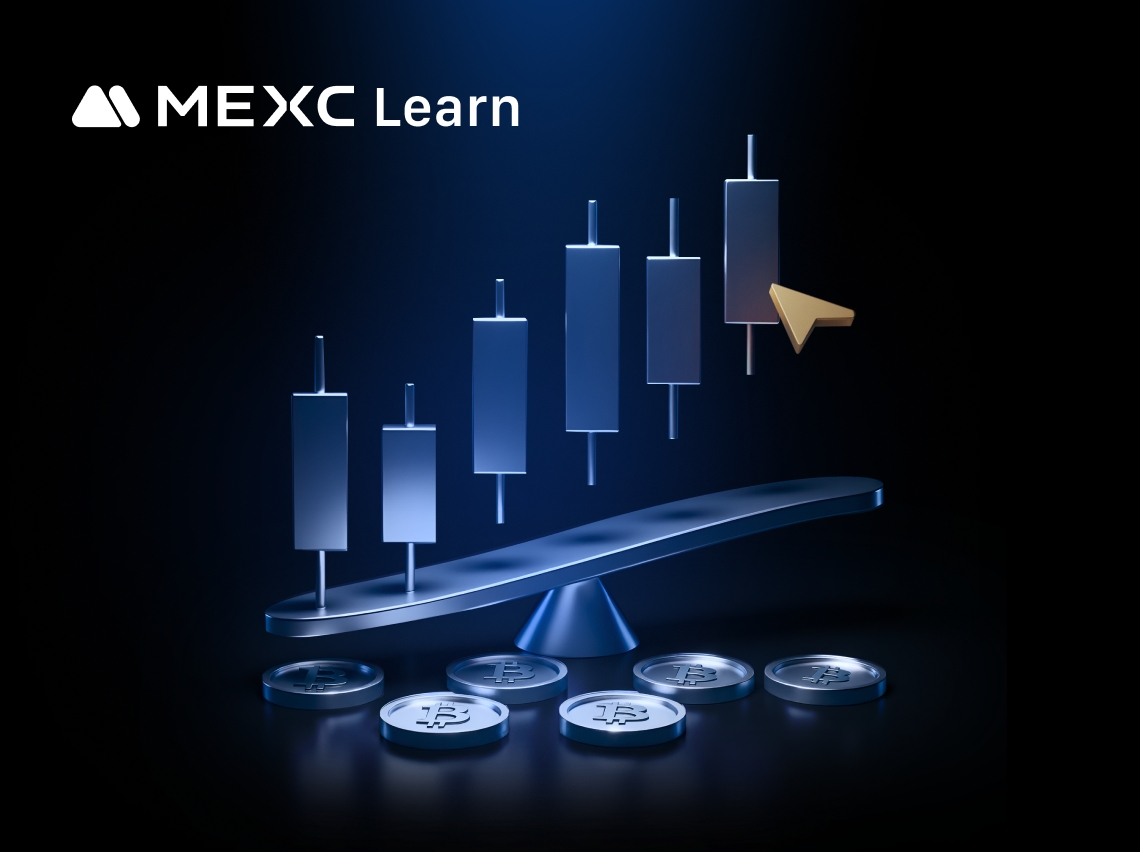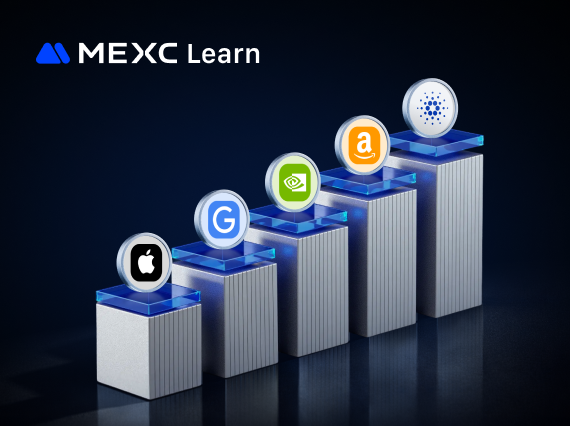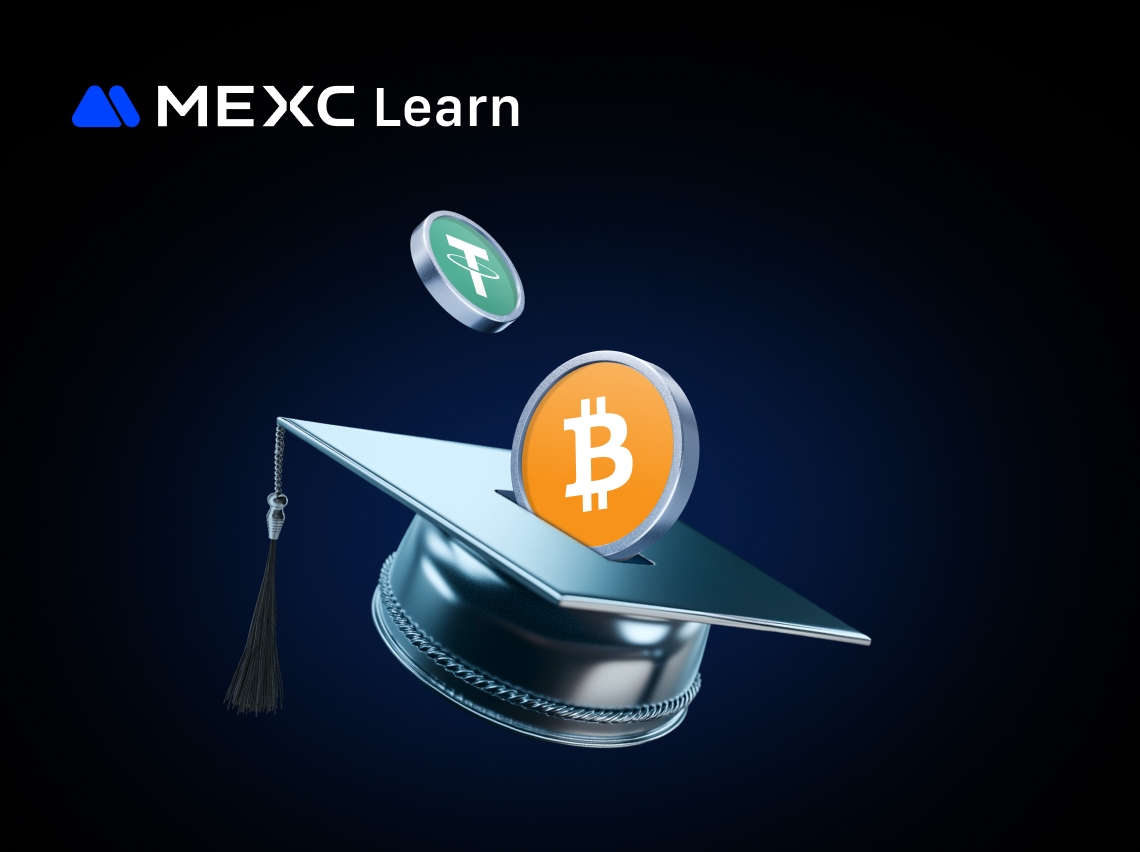Understanding Your Needs as an ETH Trader
- The importance of identifying your trading goals and experience level
- Key questions to ask yourself before choosing an Ethereum trading platform
- Balancing features with usability for beginners
As a newcomer to the Ethereum market, your first step should be identifying your specific ETH trading goals. Are you looking to make short-term trades to capitalize on Ether's volatility, or are you planning to hold ETH tokens for long-term growth based on the platform's smart contract and decentralized application ecosystem? Your trading frequency, volume, and time commitment will significantly influence which platform best suits your needs for trading ETH.
Before selecting a platform for trading Ethereum, ask yourself key questions such as: How much ETH do I plan to trade? How frequently will I be making Ether transactions? Do I need advanced features like real-time sentiment analysis or AI-powered market insights that some platforms offer for ETH trading, or will basic functionality suffice? The answers will help narrow down your options to platforms that align with your specific Ethereum trading requirements.
For ETH beginners, it's crucial to balance feature richness with usability. While platforms like MEXC offer comprehensive trading tools that experienced traders might appreciate for Ethereum token trading, newcomers may find a streamlined interface with clear navigation more beneficial initially. Consider platforms that offer beginner-friendly features such as 'demo accounts' or 'paper trading' options for practicing with ETH without risking real Ether tokens.
Essential Security Features to Look For
- Security infrastructure requirements for protecting your ETH assets
- The importance of two-factor authentication and cold storage
- Regulatory compliance and insurance policies to consider
When trading ETH, security should be your top priority. Look for platforms that implement robust encryption protocols, regular security audits, and multi-layered security systems. These measures help protect your Ether assets from unauthorized access and potential breaches, especially important given Ethereum's growing value in the market.
Two-factor authentication (2FA) and cold storage solutions are non-negotiable security features for ETH trading. Ensure your chosen platform offers SMS verification, authenticator apps, or hardware keys to add an extra layer of security to your account. Additionally, check if the platform stores a majority of Ether tokens in offline cold wallets, which significantly reduces the risk of hacking attempts.
Regulatory compliance and insurance policies provide additional peace of mind when trading Ethereum. Prioritize platforms that are registered with relevant financial authorities and comply with Anti-Money Laundering (AML) and Know Your Customer (KYC) regulations. Some platforms also offer insurance coverage for digital assets, which can be particularly valuable when dealing with ETH tokens, especially for substantial holdings.
User Experience and Platform Accessibility
- Trading interface considerations for beginners
- Mobile app availability and performance
- Customer support quality and response times
- Educational resources for new Ethereum traders
The trading interface is crucial for beginners navigating the ETH market. Look for platforms with clean, intuitive dashboards that clearly display Ethereum price data, order books, and trading history. Features like customizable charts, one-click trading, and simplified order placement can significantly enhance your ETH trading experience.
Mobile accessibility is increasingly important for Ethereum traders who need to monitor markets on the go. Evaluate whether a platform offers a fully-featured mobile app that allows you to trade ETH tokens, deposit funds, and manage your portfolio from your smartphone. Check user reviews for insights on app stability, speed, and feature parity with the desktop version.
Responsive customer support becomes invaluable when you encounter issues while trading ETH. Prioritize platforms offering 24/7 live chat, email support, and comprehensive knowledge bases specifically covering Ethereum trading. Additionally, educational resources such as tutorials, webinars, and trading guides focused on ETH can significantly flatten the learning curve for beginners.
Fee Structures and Trading Costs
- Understanding different fee models for Ethereum trading
- Hidden costs to watch out for
- Comparison of fee structures across popular ETH trading platforms
- Cost-saving strategies for beginners
Understanding fee structures is essential for profitable ETH trading. Most platforms charge trading fees (maker/taker fees) ranging from 0.1% to 0.5% per transaction, but these can vary significantly. Some platforms may offer lower fees for high-volume Ether traders or discounts for using their native tokens to pay for fees.
Be vigilant about hidden costs when trading ETH. These might include deposit fees, withdrawal fees, currency conversion charges, or inactivity fees. For Ethereum specifically, check if there are network fees for blockchain transactions which can vary depending on network congestion and the blockchain used.
When comparing platforms for Ethereum trading, examine their complete fee schedules. Platforms like MEXC offer competitive maker/taker fees for ETH trading pairs, with additional discounts for high-volume traders. Consider how these costs will impact your overall returns, especially if you plan to trade Ether frequently or in large volumes.
Liquidity and Available Trading Pairs
- The importance of liquidity for smooth ETH trading
- Available Ethereum trading pairs and why they matter
- Volume indicators to evaluate before choosing a platform
Liquidity is crucial for efficient ETH trading, as it ensures you can enter and exit positions quickly without significant price slippage. Platforms with high trading volumes for Ethereum typically offer tighter spreads between bid and ask prices, resulting in better execution prices for your Ether trades.
Check which trading pairs are available for ETH on your prospective platform. Most exchanges offer ETH/USDT pairs, but you might also want access to ETH/BTC or even Ethereum against fiat currencies like USD or EUR. The availability of diverse trading pairs provides greater flexibility in how you enter and exit your Ether positions.
Volume indicators such as 24-hour trading volume, order book depth, and bid-ask spread can help you assess a platform's liquidity for ETH. Higher volumes generally indicate more active markets with better price discovery, while deeper order books suggest less price slippage when executing larger Ethereum token trades.
Conclusion
Choosing the right platform for ETH trading requires balancing security features, user experience, fee structures, and liquidity based on your personal trading goals. For beginners entering the Ethereum market, MEXC offers a compelling combination of user-friendly interface, robust security, and competitive fees. After selecting your platform, start with small Ether trades while utilizing available educational resources to build confidence. As you gain experience, gradually explore more advanced features to optimize your ETH trading strategy.
Description:Crypto Pulse is powered by AI and public sources to bring you the hottest token trends instantly. For expert insights and in-depth analysis, visit MEXC Learn.
The articles shared on this page are sourced from public platforms and are provided for informational purposes only. They do not necessarily represent the views of MEXC. All rights remain with the original authors. If you believe any content infringes upon third-party rights, please contact service@support.mexc.com for prompt removal.
MEXC does not guarantee the accuracy, completeness, or timeliness of any content and is not responsible for any actions taken based on the information provided. The content does not constitute financial, legal, or other professional advice, nor should it be interpreted as a recommendation or endorsement by MEXC.
Learn More About Humanity
View More
What is Moltbook? Analyzing the Viral Tech Trend Through the Lens of the "Attention Economy"

Trade US Indices (NAS100, SP500, US30) with USDT on MEXC: Max 20x Leverage

NFT Market Radar: Utility Narratives Re-enter the Conversation (Late Jan 2026)
Latest Updates on Humanity
View More
Cryptocurrency Investment Company Matrixport Shares Its Expectations for Ethereum! Is a Rise Coming? Here Are the Details

H.C. Wainwright & Co. Is Once Again Ranked #1 by PlacementTracker

Binance-Listed Major Altcoin Claims It Will Transfer the $80 Trillion US Stock Market to Blockchain – Here’s the Official Announcement
HOT
Currently trending cryptocurrencies that are gaining significant market attention
Crypto Prices
The cryptocurrencies with the highest trading volume
Newly Added
Recently listed cryptocurrencies that are available for trading
